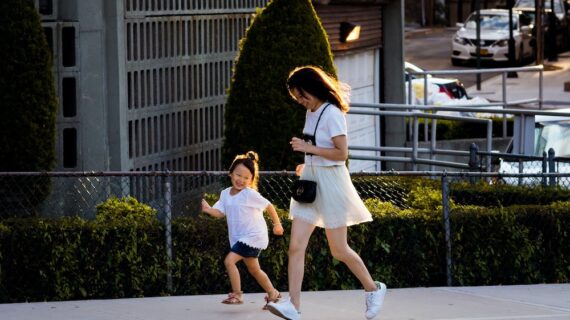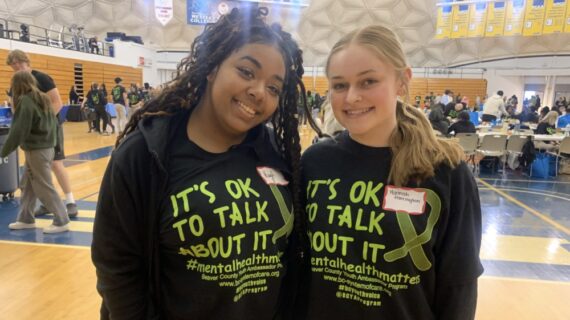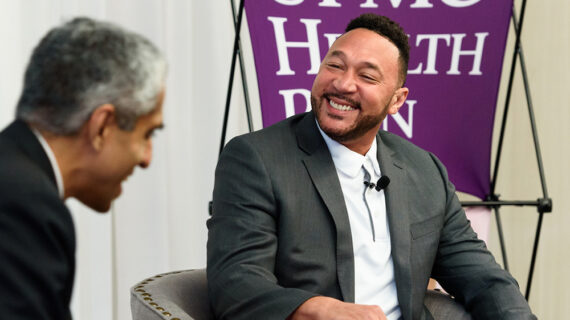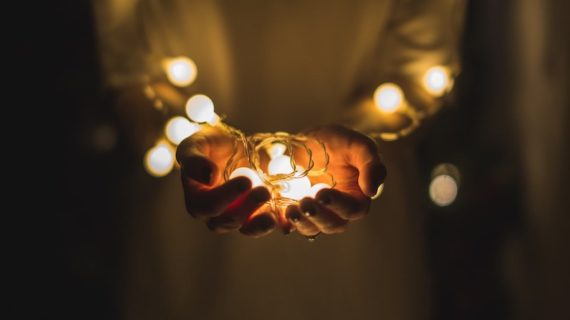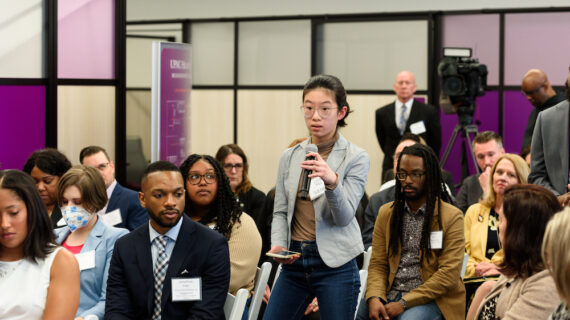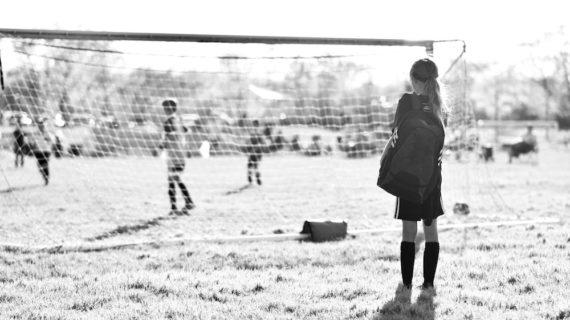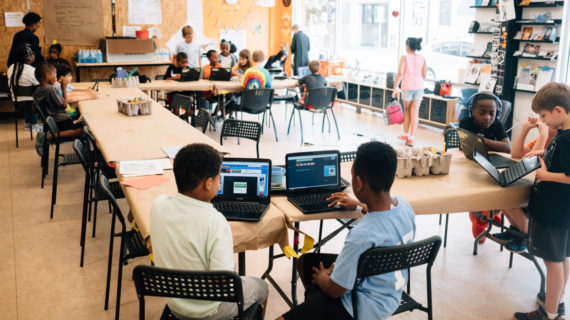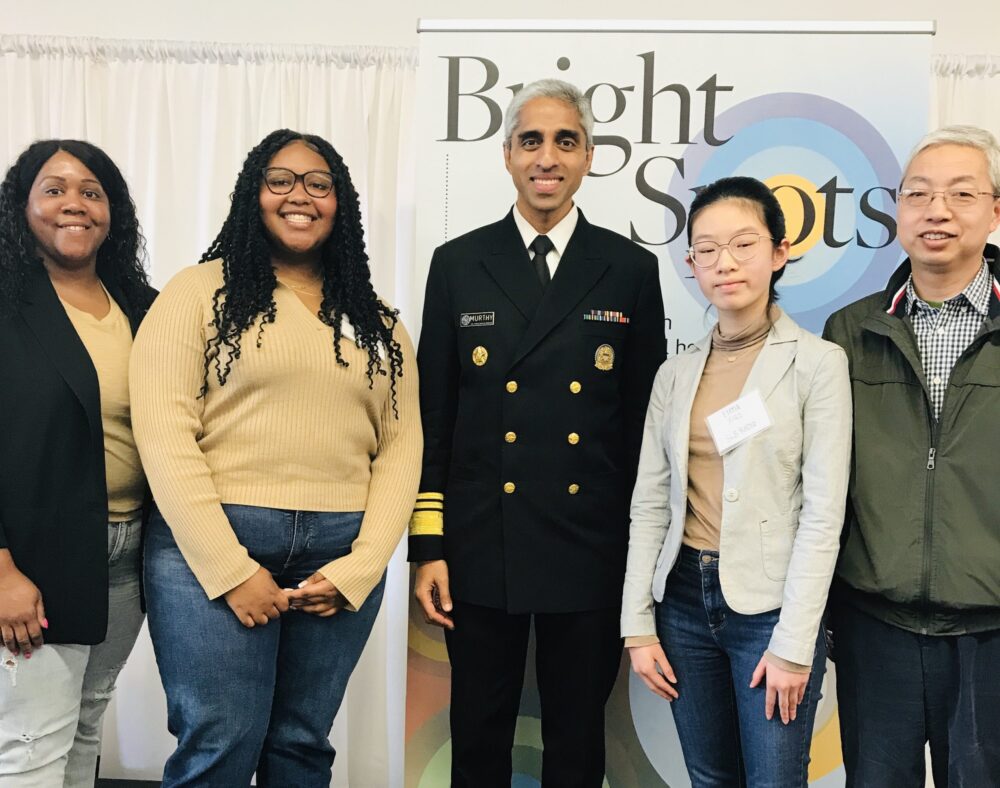
How can teens find hope when they’re struggling? These ideas can help.
This first-person news report was written by Morgan McCray, a 10th-grader at Oakland Catholic, who is learning journalism skills at SLB Radio.
There have been four major pandemics in the last hundred years. After each outbreak, one question likely crossed everyone’s mind: “Will there be another one in my lifetime?”
In 2020, the world was struck by COVID-19 and many had no choice but to isolate themselves. The pandemic was especially hard for young people, a group robbed of experiences due to lack of social interaction. Quarantine and isolation has significant effects on teen mental health, bringing up feelings of loneliness and depression.
In 2021, over a third of all high school students in the U.S. reported poor mental health during the pandemic. Many have struggled to repair it. Although scientists have worked to eradicate COVID-19 and help to heal those suffering the physical effects, the long term effects of a pandemic on mental health is hardly understood.
With all the questions that come up over teen mental health, who better to tackle this issue than the Nation’s Doctor? Dr. Vivek H. Murthy, the 21st Surgeon General of the United States, has worked tirelessly to draw attention to the youth mental health crisis and makes alleviating this concern a priority.
I got the chance to attend a community-wide conversation between Dr. Murthy and former Steelers quarterback Charlie Batch earlier this month. The two discussed the unique factors that affect youth mental health today, including but not limited to the pandemic and the growing use of social media.
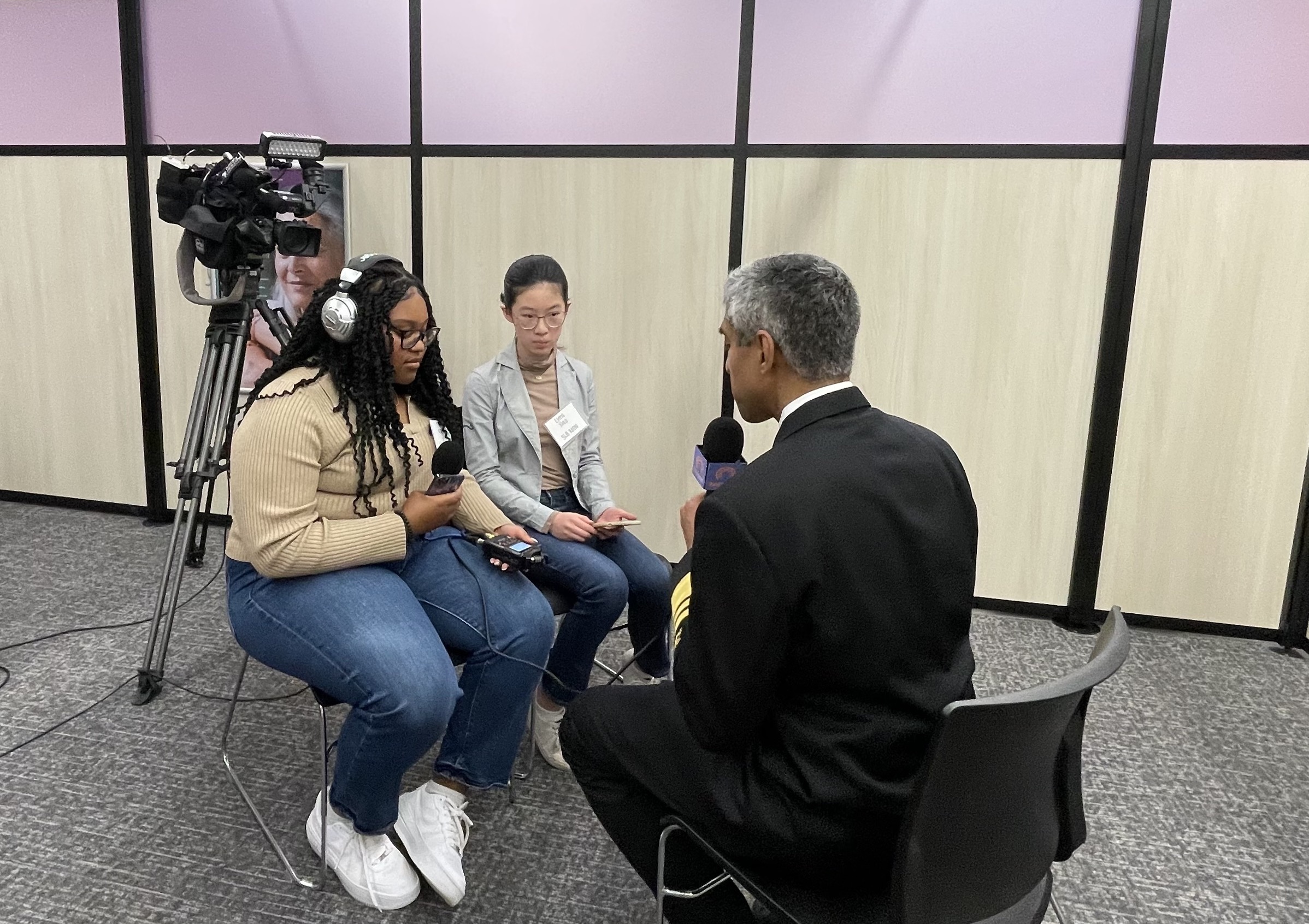
During the quarantine periods of COVID-19, teens, including myself, turned to social media for connection and companionship. Many looked for positive news to keep their spirits high. But it eventually became impossible to escape the reality of the pandemic. Soon, social media became its own news outlet. Our social feeds were pushing out false information and often unsettling headlines that provoked fear and hatred towards each other and oneself.
In addition to news, social media can be a means of comparison and competition between complete strangers. Opening Instagram to see models, flashy cars, and money threads can be discouraging because teens subconsciously compare themselves to others on social media.
When COVID hit, I was in middle school, which is already an awkward stage of life. I dealt with self-esteem issues. I had catty arguments with my friends. I was trying to navigate being thirteen. During quarantine, I clung to social media as a safe haven because it was the only way my friends and I could communicate. My days were spent just staring at a screen to feel a sense of normalcy with my friends.
I fell into a cycle of spending the whole day in my pajamas and staring at my screen for 10-12 hours a day. I was in a dark mental space and social media did not raise my spirits. All I saw was people having the time of their lives, despite travel restrictions and COVID precautions. I was unhappy and felt hopeless, wondering if things would ever be the same again. Would my friends still like me after quarantine? Why can’t I be as pretty as the girls on Instagram? Will I be the same person when all of this is over?
Dr. Murthy’s conversation honed in on this feeling of having a million questions and getting no answers. He noted that consistently being exposed to upsetting news and unrealistic experiences has a severe impact on how teens see themselves and the world around them.
Being socially isolated and managing a remote world are stressful experiences for everyone, and can lead to poor mental health. The heightened exposure to negativity and instant gratification from social media that young people faced has significantly contributed to the youth mental health crisis.
But having a conversation about the effects of social media on mental health does not offer a solution. So I raised my hand. I asked Dr. Murthy to offer some advice to teens who feel hopeless or self-conscious because of negative headlines they see on social media.
“If you want to find hope, talk to real people in your community,” Dr. Murthy told me. “Look for those who are seeking to help.”
Dr. Murthy encourages teens to step away from technology and find in-person connections with people in your community that uplift and encourage you.
For me, these in-person connections came from my parents. Once I opened up about how I was feeling to my mom, we immediately started brainstorming on ways to get out of the house and off my screen. We tried things like a “book-club” in our backyard, where we would read the same book for about an hour each day and talk about it over dinner.
No matter how cheesy it seemed back then, getting fresh air and being away from social media made me to slow down and appreciate the little things in life.
Being a teen is hard enough with peer pressure and high school. Social media takes it to an even more intense level. It’s easy to get wrapped up in the fast-moving platforms and in the end, you find that you’ve been scrolling for hours and feel worse about yourself and/or the world.
I know I did.
However, there is value in the slower things. Taking time away from social media to check in with your mental health holds power and can improve your overall health. And when the negativity starts to get to you, find people who remind you of your worth and lean on them. You might find your new favorite book.
